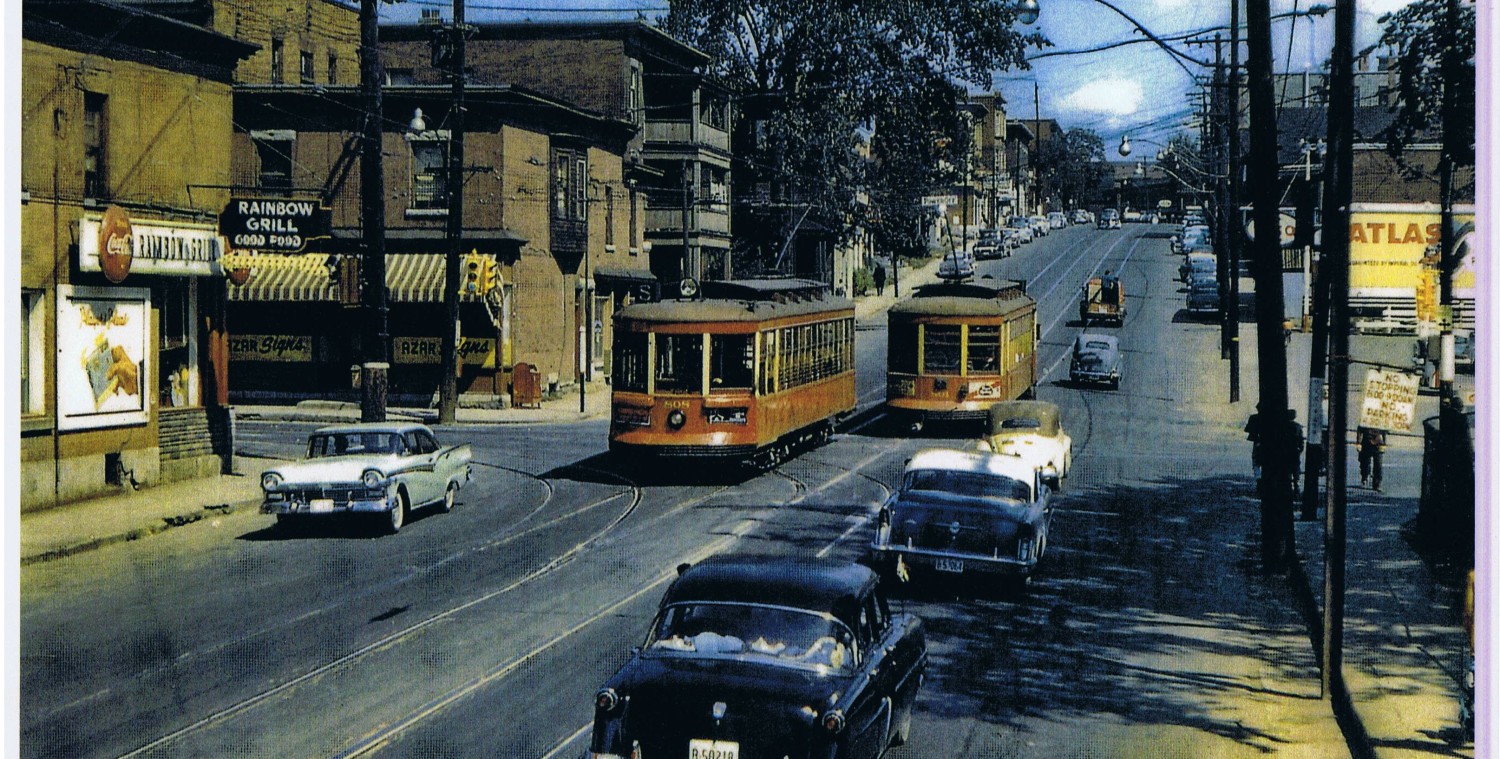When interlock paving first appeared on the Ottawa scene back in the early 1970’s — remember those “trillium”shaped paving blocks?– one of the advantages touted over concrete was that the pavers could be relaid when necessary, individual blocks could be replaced when damaged, without tearing out and throwing away the entire concrete “square” of regular sidewalks.
Of course, what we really got was endlessly heaved and uneven interlock sidewalks, often patched with asphalt. Individual stones are not replaced because labor costs are too high and the block shapes discontinued every few years. Sometimes we get mismatched “repairs” using different block shapes. Concrete removed from walks is now routinely recycled.
I worked for years in or near the Place de Ville complex downtown. When built, the street level plazas were paved in exposed aggregate. As that broke up or cracked, it was redone in interlock. The initial H-shaped blocks heaved endlessly, and wore asphalt bandages like festering sores. Then a decade or so ago parts of the sidewalks were replaced with granite blocks (6″ square and 12″ square granite pieces).
Every developer seems condemmed to go through a granite paver phase, similar to the marble’exterior building clad phase. Typically, it ends in doom. The granit pavers cracked up under the weight of sidewalk plows and vehicles parking on the sidewalks. The rocked and splatted salty ice water in the winter. Eventually they were removed and replaced with concrete with granite inset strips.
The pictures above show the new sidewalks around the Crowne Plaza hotel at the west end of the PDV complex. Simple white and black concrete. Smooth when laid. Strong, if it has wire mesh reinforcing in it (the city foolishly “saves” money by not reinforcing its sidewalk squares, ergo, they crack). Easy to repair, even if the repairs vary the surface texture or colouring.



